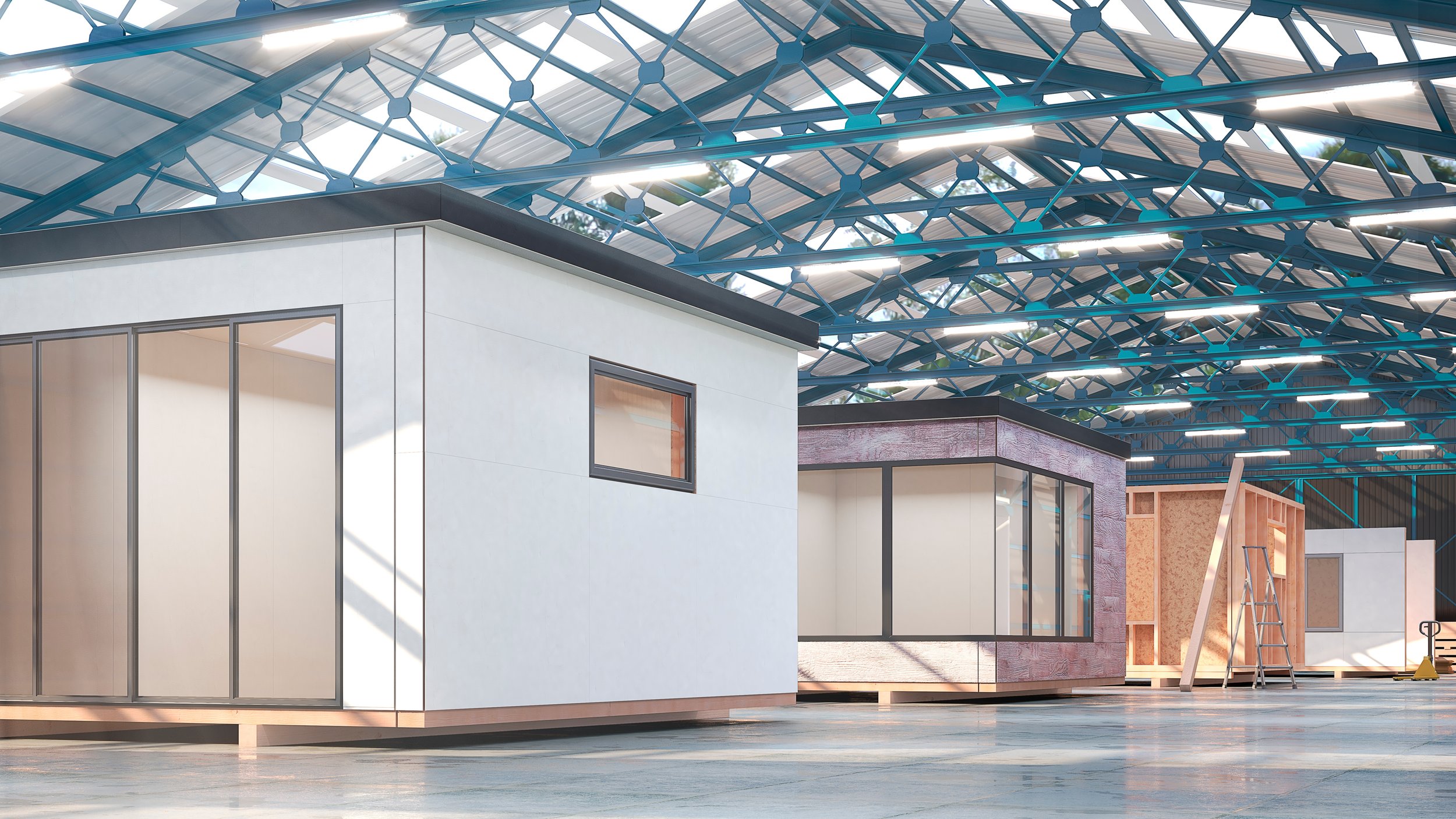
Tech Solutions
Industrializing the construction industry is an economic and national security priority, as it unlocks innovative methods for building housing quickly, affordably, and in ways that foster generational wealth and climate resiliency. By leveraging the efficiencies of prefabricated building components—such as panels, pods, and modules—constructed off-site in climate-controlled environments, industrialized construction achieves higher quality, increased productivity, faster construction schedules, enhanced resilience and sustainability, and reduced costs.
Reduce Construction Timelines: IOC can cut construction timelines by 30-50%, addressing labor shortages and reducing project delays. This efficiency allows cities to respond quickly to housing needs and provides faster relief to those in desperate need of affordable housing.
Cost Savings: By reducing construction costs by up to 20%, IOC makes housing projects more financially viable. These savings can be passed on to residents through lower rents and mortgage payments, making homeownership and affordable renting accessible to more people.
Environmental Impact: Buildings contribute 39% of global energy-related carbon emissions. IOC can reduce these emissions by up to 30% through precision fabrication and energy-efficient building techniques. Controlled factory environments can also cut construction waste by up to 80%, contributing to a more sustainable building process.
Quality and Efficiency: Factory-built components undergo strict quality control, resulting in higher energy efficiency and durability. Technologies such as continuous air barriers and high-performance insulation are more easily integrated into prefabricated units, enhancing overall building performance and reducing long-term maintenance costs.




